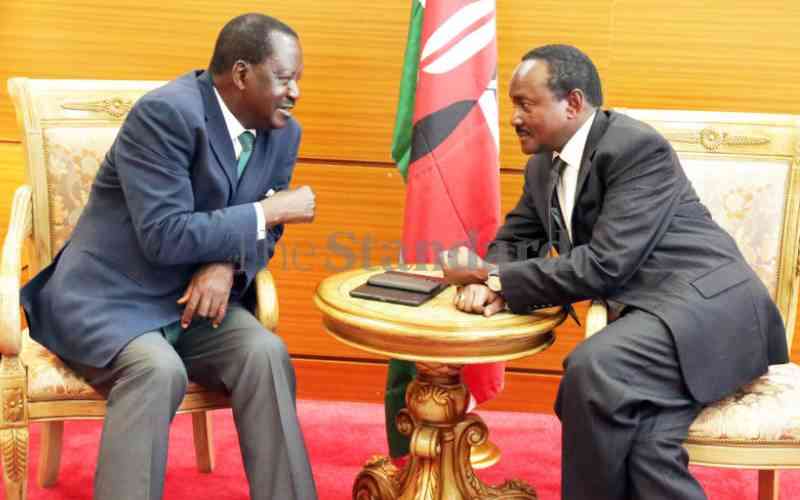×
The Standard e-Paper
Fearless, Trusted News

Kenya is awaiting a political 'Ruto rush' in 2027. We have learnt through experience and history that in Africa, it is complex to oust even the weakest incumbent from the presidency.
Given that politicians like associating themselves with a prospective presidential winner, there is no doubt that top politicians like Kalonzo Musyoka and Raila Odinga will compete to please William Ruto. Let me explain!